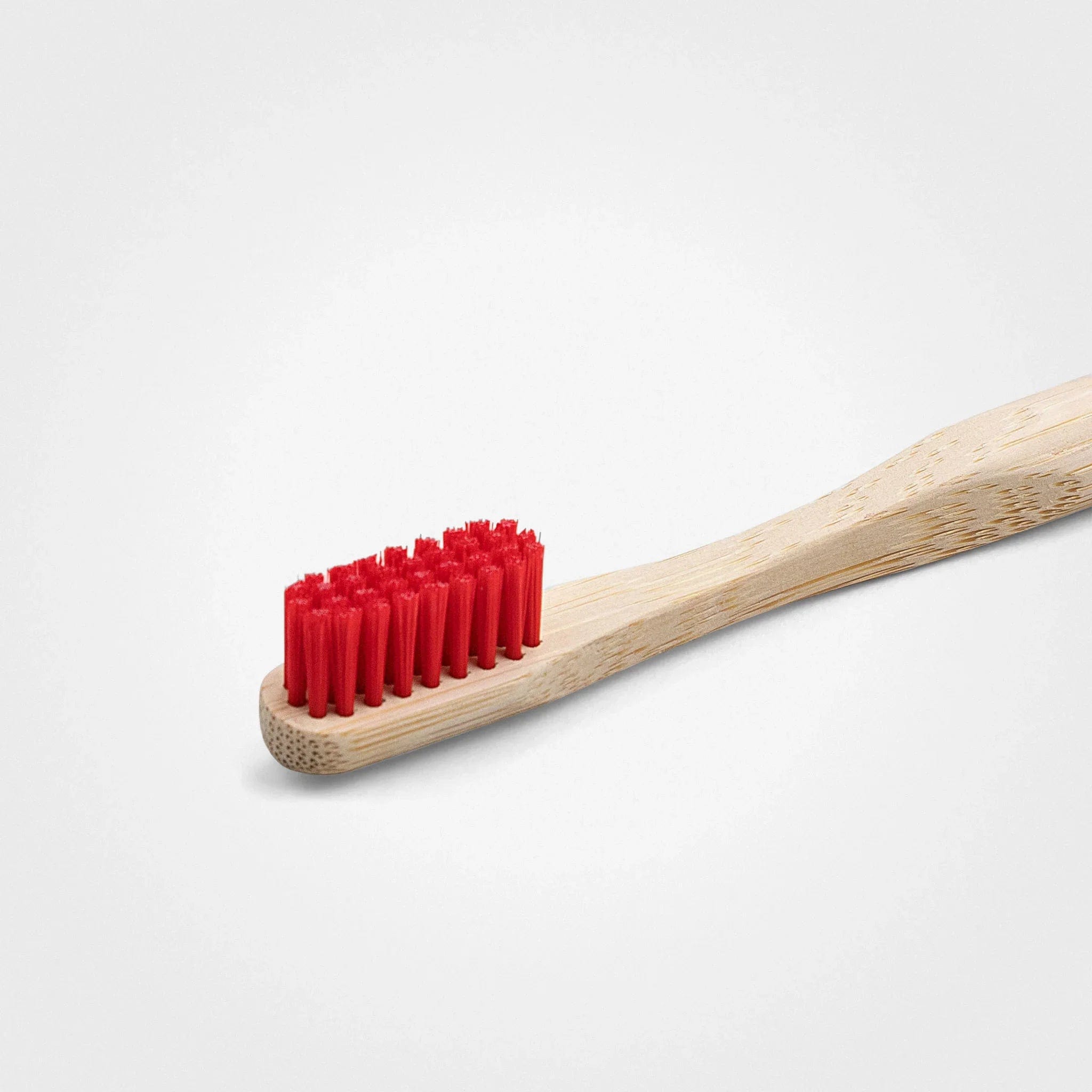On March, 30th we will observe the celebration of the International Zero Waste Day. There are numerous ways in which waste negatively impacts our lives. Our planet is suffocating in harmful gas emissions, with rising temperatures, and polluted water and soil, while the animals and humans are suffering from deteriorated health. Together we can turn this nightmare into a waste-free reality if we try really hard.
This article explores the history of the International Zero Waste Day, explains ways in which we can prevent and reduce waste, and presents all the benefits of the zero waste initiative.
Quick Links
-
History of International Zero Waste Day
-
How to reduce waste
-
How to prevent waste?
-
Benefits of reduced waste
History of International Zero Waste Day
The International Zero Waste Day is relatively new, as it was first introduced in 2023. The United Nations General Assembly established International Zero Waste Day on March, 30. It is celebrated in Turkey, which has the most zero waste initiatives and level of their implementation, and in 105 other countries.
The member states raise awareness among businesses, the private sector, academia, communities, and all people in general through seminars, workshops, and implementation of sustainable practices.
Although it was introduced only last year, it addresses by far one of the most important pain points of today`s world. Waste is threatening to all life forms, and the Earth itself, which is why we need to take action to support the Zero Waste policy.
How to reduce waste
Luckily, there are plenty of ways in which we can reduce waste. If we implement these practices into our everyday life and promote them to people we know, we can do a lot for the environment. Of course, this change needs to happen all around the globe to have an even better outcome, but the reality is that the change must start with us first.
Recycling
Start sorting out everyday items for recycling. Paper, plastic, and other waste can be recycled if sorted out properly. As for the other items, such as clothes, you can take them to the nearest recycling facility and rest assured you have done a good deed for the day.

When we recycle, this means that the next product will not be made entirely from raw materials. The goal is to preserve nature and all the sources it provides us with. We should work with what we have, and not just take until we have polluted, and trashed every surface on Earth.
Selling and donating
The majority of people owns a lot more items than they will ever need. When we decide to throw away our old clothes, books, dishes, cutlery, toys, or appliances just because they are old and we don`t like them anymore, we should consider other options. For example, you can earn a few dollars and reduce waste from your household by selling the items you no longer want or need. Or, you can always donate them to a charity and make someone happy.
Join the agood loop™ system
Another fantastic way to prevent waste is to join the agood loop™ system. When you buy certain products, such as a plant-based mobile phone case, you can take part in this system. For example, when the time comes for you to buy a new phone case, simply return the old one to us, and we will turn it into a new product. On the other hand, you will get a discount on your next purchase at our website. In this way, we prevent products from piling in landfills, and polluting the environment.

How to prevent waste?
There are things we can do to prevent waste in the first place, and we should work on developing this habit in every aspect of our lives. While it may seem impossible, it is in fact quite easy to prevent making most of the waste. Here are a few suggestions on how you can make a contribution to the Zero Waste initiative.
Become a conscious consumer
Conscious consumerism is against impulse shopping for items we don`t need. Instead, we focus on buying only the things that we need, and that are economically, socially, and environmentally acceptable. For example, as conscious consumers we will ditch plastic and turn to recycled eco-friendly products.
Use compostable products
Choose to buy products that are compostable, and avoid unnecessary waste. For example, bamboo toothbrushes are compostable, eco-friendly, and great for your oral health since they are plastic-free.
Dentists recommend that we change the toothbrushes every month or every three months. So, instead of filling up landfills with plastic toothbrushes that will take centuries to decompose, we can turn to this climate-positive compostable toothbrush.


Bamboo cutlery is perfect for eating outside, making it an ideal choice for picnics, takeaway food, or eating at work. You can use them countless times, and when the time comes to replace them, just toss them into your compost bin. In this way, you are taking care of the waste preventing all the issues associated with it.
Choose to use reusable items
Try to avoid single-use products as much as you can. Usually, with a bit of careful planning, we can avoid single-use plastic that will just end up in the trash after a few hours. For example, these reusable makeup pads will enhance your skincare routine without ever compromising the air we breath. You can wash the pads together with another textile, and reuse it countless times. Instead of throwing hundreds of pads in the trash each year, use these eco-friendly makeup pads to gently clean your face and save the planet.
Compostable wheat straws should also be on top of your mind when it comes to reusable products. Ideal for picnics or drinking healthy smoothies on your terrace, they are reusable and dishwasher-friendly.
Prevent food waste
Did you know that more than 9 million tonnes of food go to waste each year only in the UK? Improper food management in every household, restaurant, and community causes food waste levels to keep growing. We have to do everything that we can to minimize this type of waste to avoid the consequences that accompany waste.
Make a meal plan in your stone paper journal, and write down which meals you will prepare in the upcoming week. Also, write which ingredients you will need to buy, and you will see how much less food you waste weekly. Get a compost bin for your home, and easily compost any fruit and vegetable leftovers. You will save money, and time, and eat more healthily with a proper meal plan that will help you reduce food waste.

Benefits of reduced waste
Right now the excess waste contributes to climate change, biodiversity loss, pollution, and deterioration of human health. Reducing or preventing waste should be our top priority, as just by reducing it we can do so much when it comes to our quality of life.
Fighting climate change
Solid waste can take decades to decompose. In the meantime, it will generate methane and other harmful gases that pollute our planet. Solid waste increases greenhouse gas emissions, directly contributing to warming the Earth. By reducing waste, we can minimize the negative effects of gases, and lower down the level of greenhouse gas emissions.
Resource conservation
Reducing waste also contributes significantly to the conservation of valuable resources. Everything we use, from paper and plastic to metal and energy, comes from our planet's limited resources. By being mindful of our waste, we're essentially giving our resources a longer shelf life. This means less digging into the earth for metals, fewer trees getting the axe for paper, and a smaller demand for the energy and water it takes to create new products. Minimising waste encourages a more sustainable and circular economy, where resources are continually reused, reducing the overall strain on the planet's finite resources.

Biodiversity
The amount of plastic and solid waste that ends up in the oceans is devastating. Marine animals cannot digest trash, and cannot differentiate between food and plastic in most cases. Over 100,000 animals a year do not survive an encounter with a plastic bag, or other form of waste. Also, as waste only gets bigger, more and more landfills are needed to store it. This means that more and more of natural habitats will be used for storing harmful waste. Minimizing waste means directly contributing to the creation of more natural habitats for animals and the prevention of their loss.
Human health
Due to pollution of air, water, and soil, gas emissions, and toxic substances human health is affected. Many harmful substances from waste have been proven to disrupt the endocrine system, causing different health issues. Cancer, heart diseases, asthma, and possible birth defects come as a consequence of excess waste and the pollution it causes. If we act now, we can minimize the effects that solid waste has on our health. We owe it to our kids, after all.
Final word
We should strive to create zero waste, but even in situations where this is not possible, we can create less waste than we would normally do. Using compostable items, that will quickly decompose, or reusing, and recycling items over and over again are fantastic ways to reduce waste levels. Before you make a purchase or buy a gift for the person you love, just think about how soon will the item end up in the garbage. Strive for long-lasting, high-quality items that you will use for years to come.


